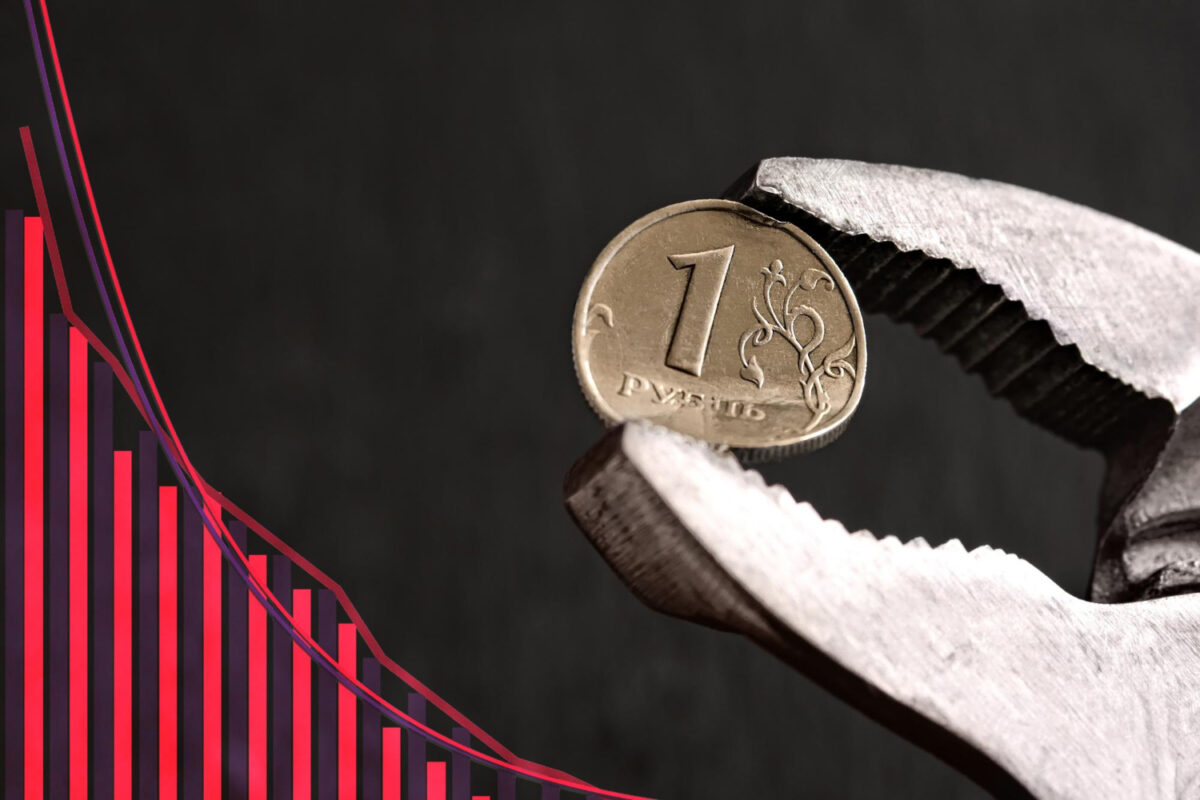In a stunning turn of events, Javier Milei, a libertarian and a political outsider, clinched a decisive victory in Argentina’s presidential run-off election. This win is not just a shift in political power, but it also signals potential upheaval for Argentina’s economic landscape, particularly concerning the fate of the national currency, the peso.
Milei, known for his radical and unconventional views, has pledged to overhaul Argentina’s economy. Central to his economic strategy is the concept of dollarization, a move that involves abandoning the Argentine peso in favor of adopting the US dollar as the national currency. This bold proposal places Argentina on the cusp of uncharted financial territory, as no country of its size has previously relinquished control of its monetary policy to external influences like those in Washington.
The rationale behind Milei’s push for dollarization stems from Argentina’s crippling inflation, one of the highest globally, with a year-over-year price increase of 142%. By aligning with the US dollar, Milei argues that Argentina can leverage the strength and stability of the dollar, which contrasts starkly with the volatility of the peso.
Despite drawing international attention and some support from libertarian economic circles, including the Cato Institute, Milei’s proposal has not been without its critics. Many warn of the risks associated with dollarization, such as a loss of economic autonomy and the inability to influence economic outcomes through traditional monetary policy tools like interest rate adjustments. Sergio Massa, the economy minister and Milei’s opponent in the run-off, has denounced the plan as an abdication of national sovereignty.
In the financial markets, Milei’s victory has been met with a mixed response. While Argentine bonds and equities have shown an uptick, with investors displaying cautious optimism, the peso has faced downward pressure. David Austerweil of VanEck underscores the importance of Milei’s upcoming decisions, particularly in assembling an experienced economic team and presenting a credible economic strategy to prevent a potential run on the peso.
Furthermore, equity markets have reacted positively, with significant gains in U.S.-listed shares of Argentine companies, particularly in the energy sector, following Milei’s announcement of potential privatization plans.
Reforms Ahead?
Milei, set to assume office on December 10, has not explicitly mentioned dollarization in his initial addresses, raising questions about the timeline and the extent of his proposed economic reforms. Amidst high inflation, dwindling foreign currency reserves, and looming recession, Milei has pledged to implement rapid reforms to rectify the economy’s dire state. However, his initial speeches have also hinted at a degree of moderation, acknowledging the support of mainstream conservative figures like Mauricio Macri and Patricia Bullrich.
As Argentina braces for a new chapter under Milei’s leadership, the world watches with bated breath to see how his radical economic visions will materialize and what impact they will have on the country’s future and its position in the global economy.













